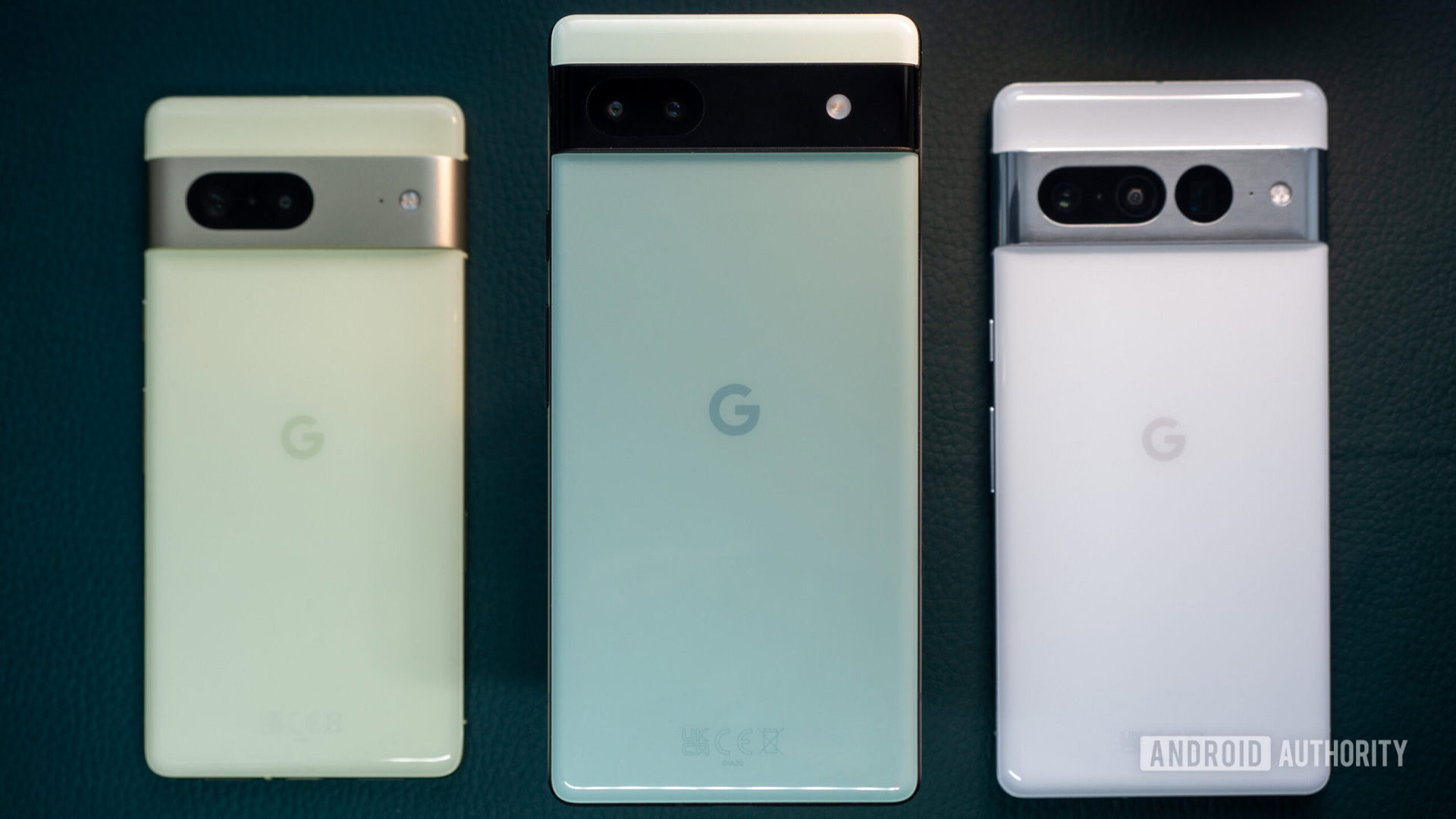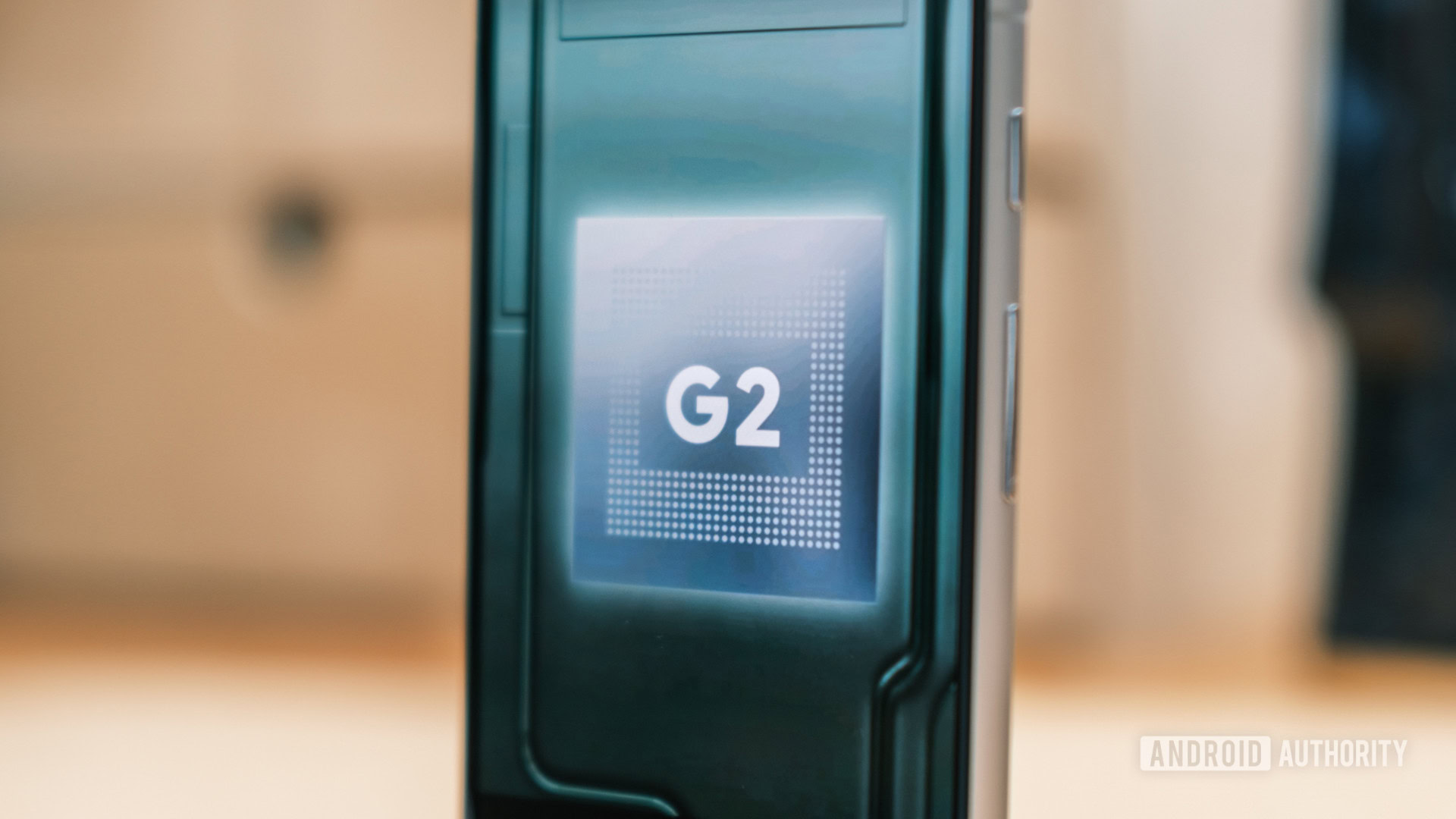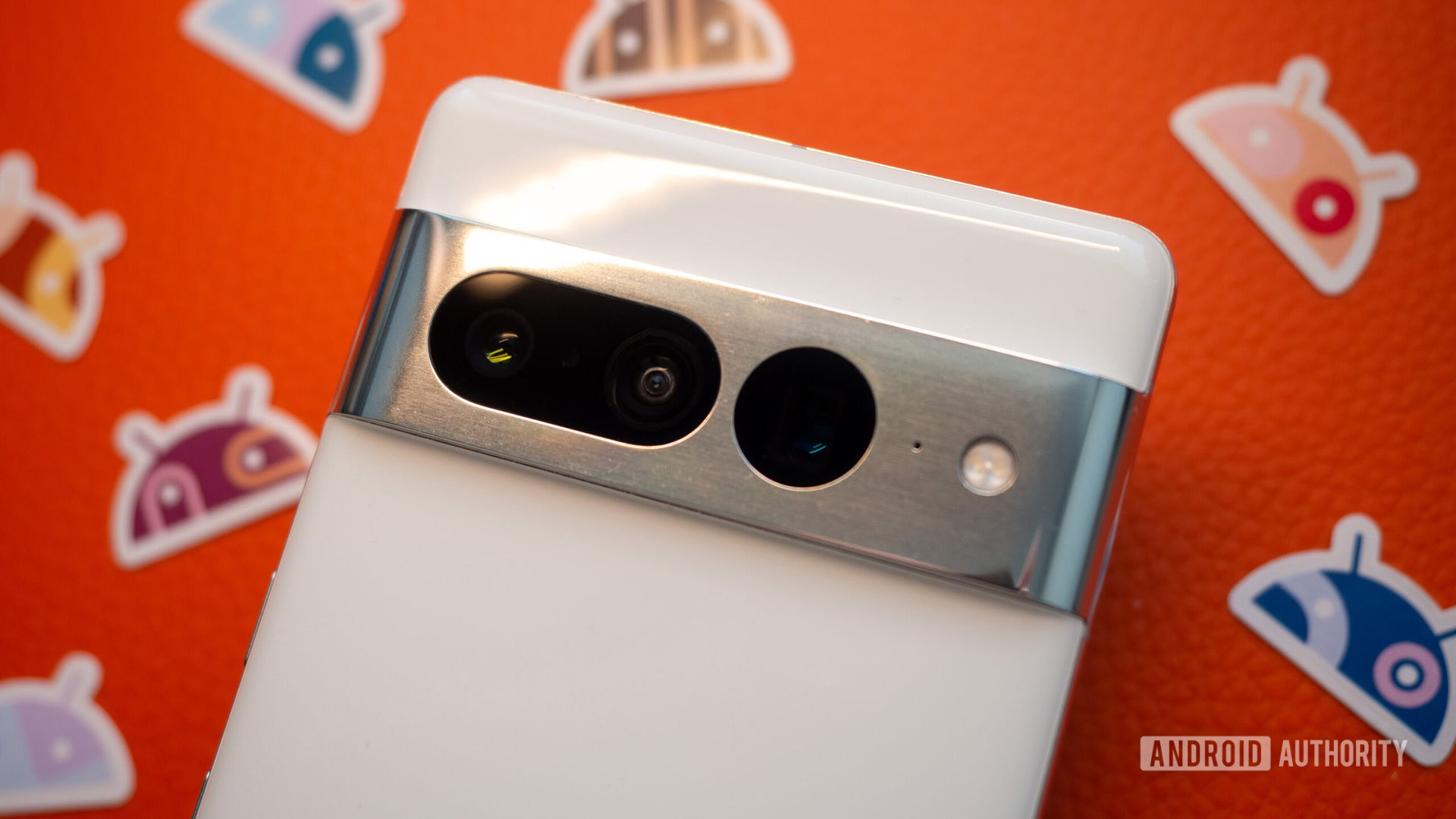Affiliate links on Android Authority may earn us a commission. Learn more.
Does the leaked Pixel 7a price presage a more expensive Pixel 8 series?
April 20, 2023

With Google I/O approaching, rumors of Google’s upcoming midrange Pixel have been intensifying. The latest Pixel 7a leak suggests the phone will launch sooner than expected, in early May, but with a significant price hike to $499.
To put this into perspective, the Pixel 6a, 5a, and even the 4a 5G were all priced at $449 at launch, so $50 less than what the 7a will supposedly cost. Prior to those, the first A series phone, the Pixel 3a, was even $50 cheaper at $399. So what gives? Why are Google’s phones getting more expensive and is a potential 7a price bump an omen for a more expensive Pixel 8 series later in the year?
Why would the Pixel 7a get pricier?

The most obvious culprit to point a finger at is inflation. From the Pixel 3a’s release date in 2019 to the imminent Pixel 7a in 2023, cumulative inflation is measured at around 18% in the US. So an item costing $1 in 2019 should be, on average, $1.18 today. Mathematically speaking, a $399 phone in 2019 should cost $470 now. That falls midway between last year’s 6a price and the rumored $499 tag for the Pixel 7a.
Another reason is the significant experience upgrade Google has brought to its A series over the years. We’ve gone from a single rear camera to a dual-sensor setup and, crucially, from a pretty midrange Snapdragon chipset to Google’s high-end in-house Tensor chip in the Pixel 6a. Although it may not be the most powerful processor right now, it’s been pivotal in bringing on-device Machine Learning to the A series, enabling several Pixel-only features and providing a unique selling point to Google’s midrange phones.
Both inflation and a higher-end Tensor processor explain the Pixel A series price increase.
For example, the Pixel 6a supports Assistant voice typing and Quick Phrases, more languages in Recorder, speech enhancement in video recordings — all features that aren’t available for older A series. The Pixel 7a is even supposed to inherit the Tensor G2 from the Pixel 7 and 7 Pro, which should enable more of these experiences. Perhaps we’ll get Photo Unblur, the faster Night Mode, and Magic Eraser, to name a few.
On top of that, rumored Pixel 7a specs include an upgraded 90Hz refresh-rate display and wireless charging. These add up on the phone’s bill of materials and can theoretically justify the extra $50.
What does it mean for the Pixel 8 series’ price?

Even if the Pixel 7a’s increased price makes financial sense on paper, it certainly leaves Google with a confusing line-up on its hands. How do you justify paying $499 for a new 7a when you can often grab the better Pixel 7 at a discount for $450 or less? That makes no sense; you’d be missing out on the slightly larger display and battery, faster wireless charging, and all-around better camera sensors, while somehow paying more.
This conundrum isn’t unique to Google; by the time Samsung announced the Galaxy S21 FE, the more powerful S21 had already been frequently discounted to a cheaper price, for instance. This will always be an issue for mid-cycle midrange phones — unless your company’s name is Apple and you manage to keep your flagship’s price relatively steady for an entire year. But it does put the Pixel 7a dangerously close to the higher-end phones in Google’s portfolio. The big question, then, is would that mean the Pixel 8 and 8 Pro could see a price hike too?
The Pixel 7a's potential price increase makes Google's current line-up a bit confusing. A Pixel 8 markup would, sadly, rectify that.
Common economical sense and the reality of inflation say yes, sadly. If you recall, we were even surprised that Google managed to keep the $599 price for the Pixel 7 last year and lauded the company for that. (And unlike Apple and Samsung, Google held its phones’ prices in several countries too, not just the US.) If Google managed to absorb some extra cost from the bill of materials and R&D in 2022, it’s unrealistic to expect it to do the same for many more years. That’s why I feel like we’ve already used our good credits and we’re due for a markup in 2023.
Additionally, a $499 Pixel 7a and a $649 Pixel 8 make more sense than a $499 Pixel 7a and a $599 Pixel 8. For a would-be buyer, the difference between the two will be clearer and there’d be less risk of either phone cannibalizing the sales of the other. Even with discounts, overlaps would be less likely.
Will the Pixel 8 and 8 Pro be more expensive? We don't know for sure, but odds are in favor of a price bump.
So what will the Pixel 8 cost? Oh, I have no idea. I’m here speculating six months in advance and basing that speculation on a rumor too! Whether the Pixel 8 will be priced at $599, $649, $699, or even $299 or $999, I can’t tell — though maybe the last two are a teeny bit unrealistic. The Pixel 8 Pro’s price is a bigger unknown; it could stay the same or see a more significant price increase. Inflation is proportional, after all.
Personally, I’d love to see Google buck the trend once more and offer another killer value in its Pixel 8 series. But as with all rumors and speculations based on rumors, only time will tell. In the meantime, feel free to speculate with me in the poll below.
Do you think Google will raise the price of the Pixel 8 series compared to the 7 series?
Thank you for being part of our community. Read our Comment Policy before posting.